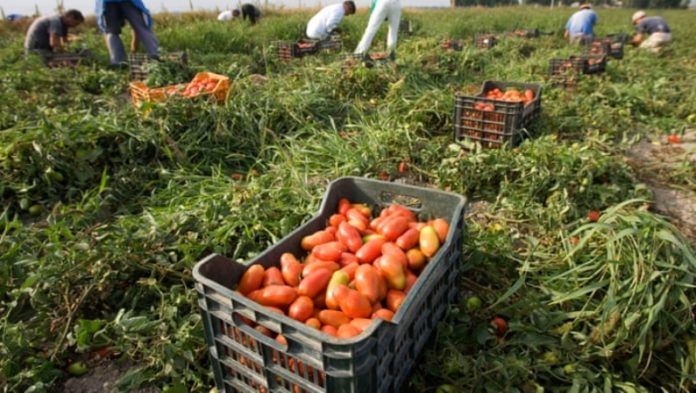New Delhi: Ahead of the meeting of GST Council, industry body FICCI today said the current rate of 18% GST on agrochemicals is “highly unjustified” and pitched for its reduction to the maximum of 5%.
The chamber said the high GST rate on agrochemicals especially hurts small and marginal farmers.
The GST Council, chaired by Union Finance Minister Nirmala Sitharaman, will hold its 47th meeting in Chandigarh on June 28 and 29.
Addressing a conference here, Chair of FICCI’s Committee on Crop Protection R G Agarwal, who is Chairman of Dhanuka Group, said high GST on crop protection chemicals hurts farmers by increasing their input cost and prompting them to use these essential ingredients in sub-optimal quantities to the detriment of farm output and their own financial health.
“A GST of 18 per cent on agrochemical is highly unjustified since they act as insurance to not only crop health but also increase their quality, yield and income of farmers,” he said.
This high rate of 18 per cent is not justified and it should be brought down to a maximum of 5 percent at par with fertilizers,” Agarwal added.
Charudatta Digambar Mayee, a former Agriculture Commissioner, said that in view of the climate change and emerging threats of pest and disease, there is an urgent need to overhaul the regulatory system for introduction of new and innovative chemistries and technologies.
There is also an urgent need to improve the enforcement mechanism, at several levels, to ensure the supply of high-quality agrochemicals to farmers on a sustainable basis, Mayee said.
“This can be achieved with the cooperation of the private sector in addition to hiring adequate manpower and strengthening government laboratories, providing the latest analytical instruments, reference standards and making ISO17025 NABL certification mandatory as done under FSSAI Act as well as support from Quality Council of India or other independent organizations,” Mayee said.
Effective and timely implementation of regulatory decisions by the government will help the agrochemical sector to become more efficient in delivering solutions that benefit the agriculture sector in a sustainable manner, the former Agriculture Commissioner said.







